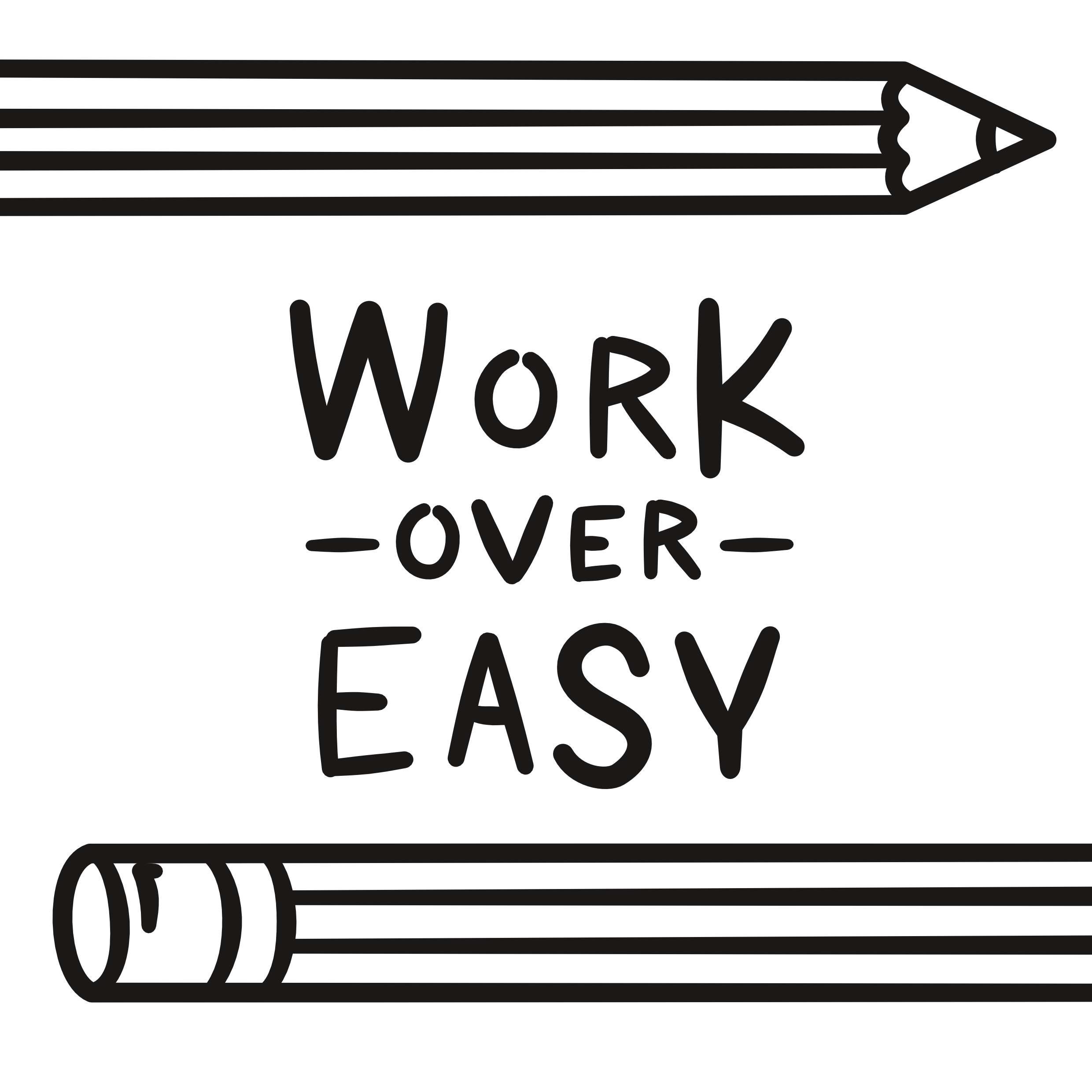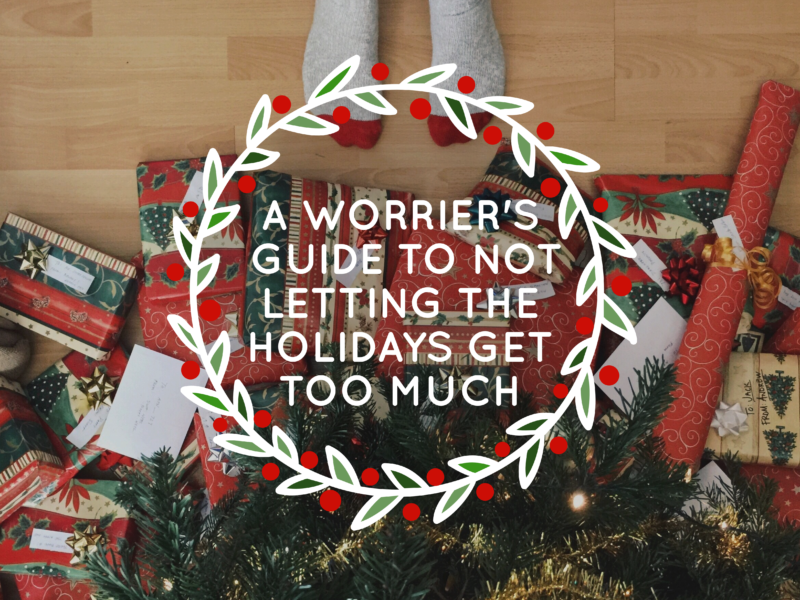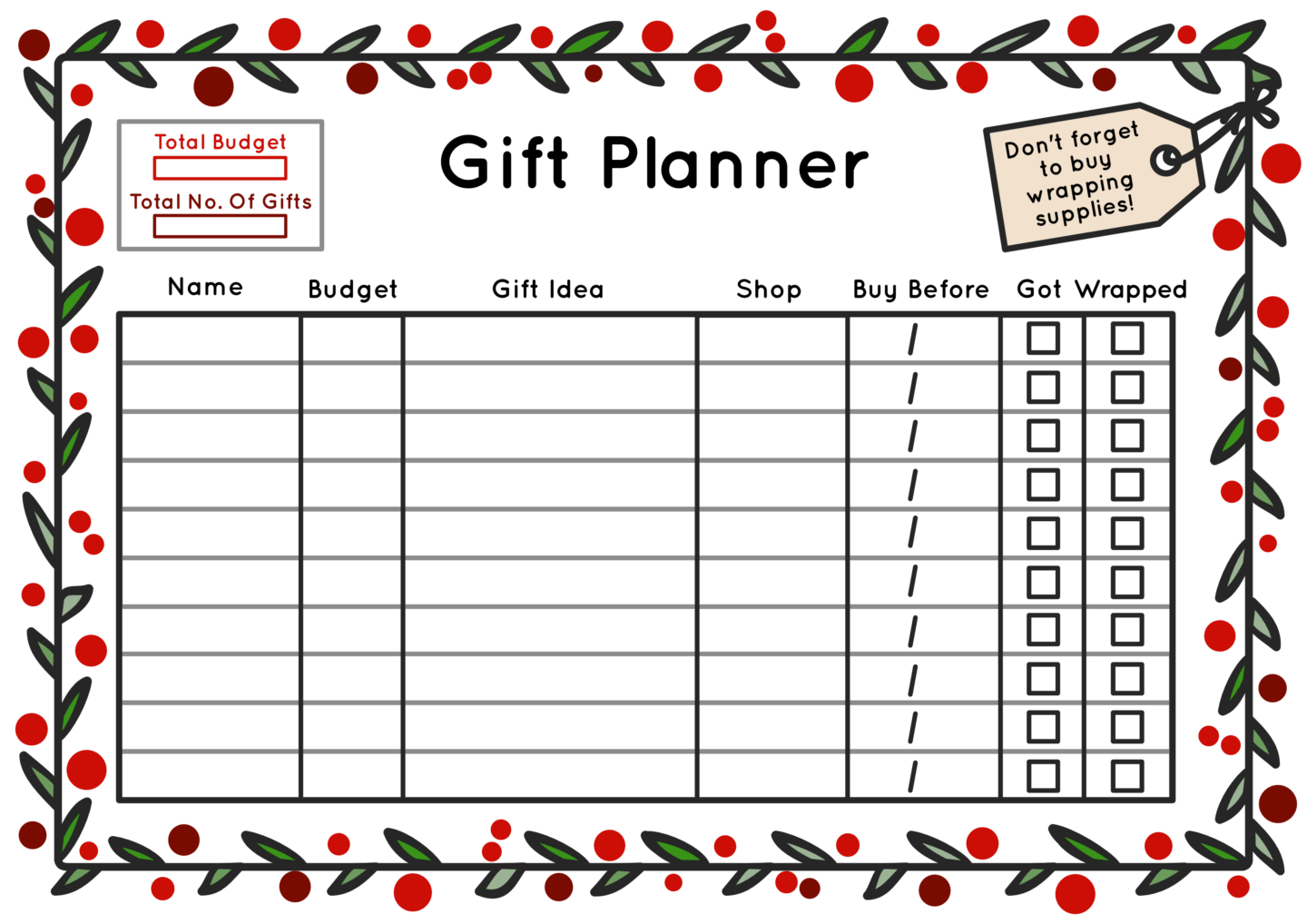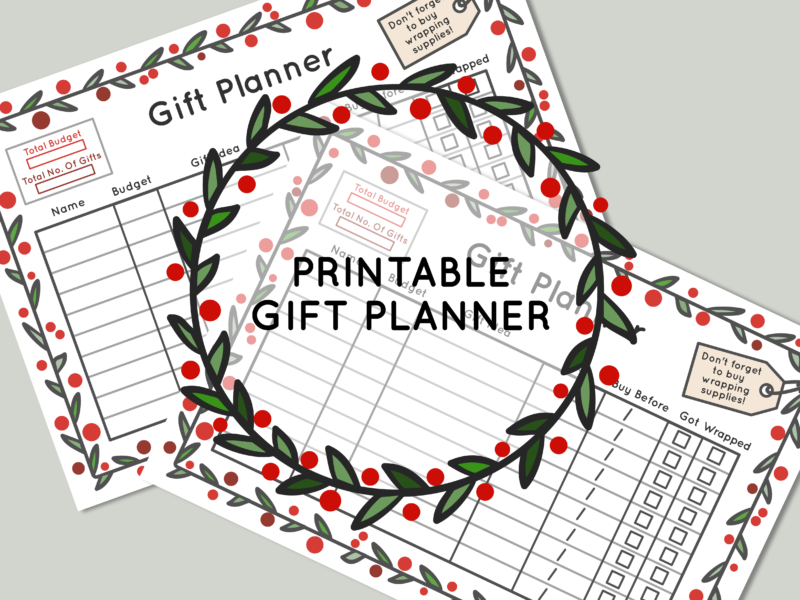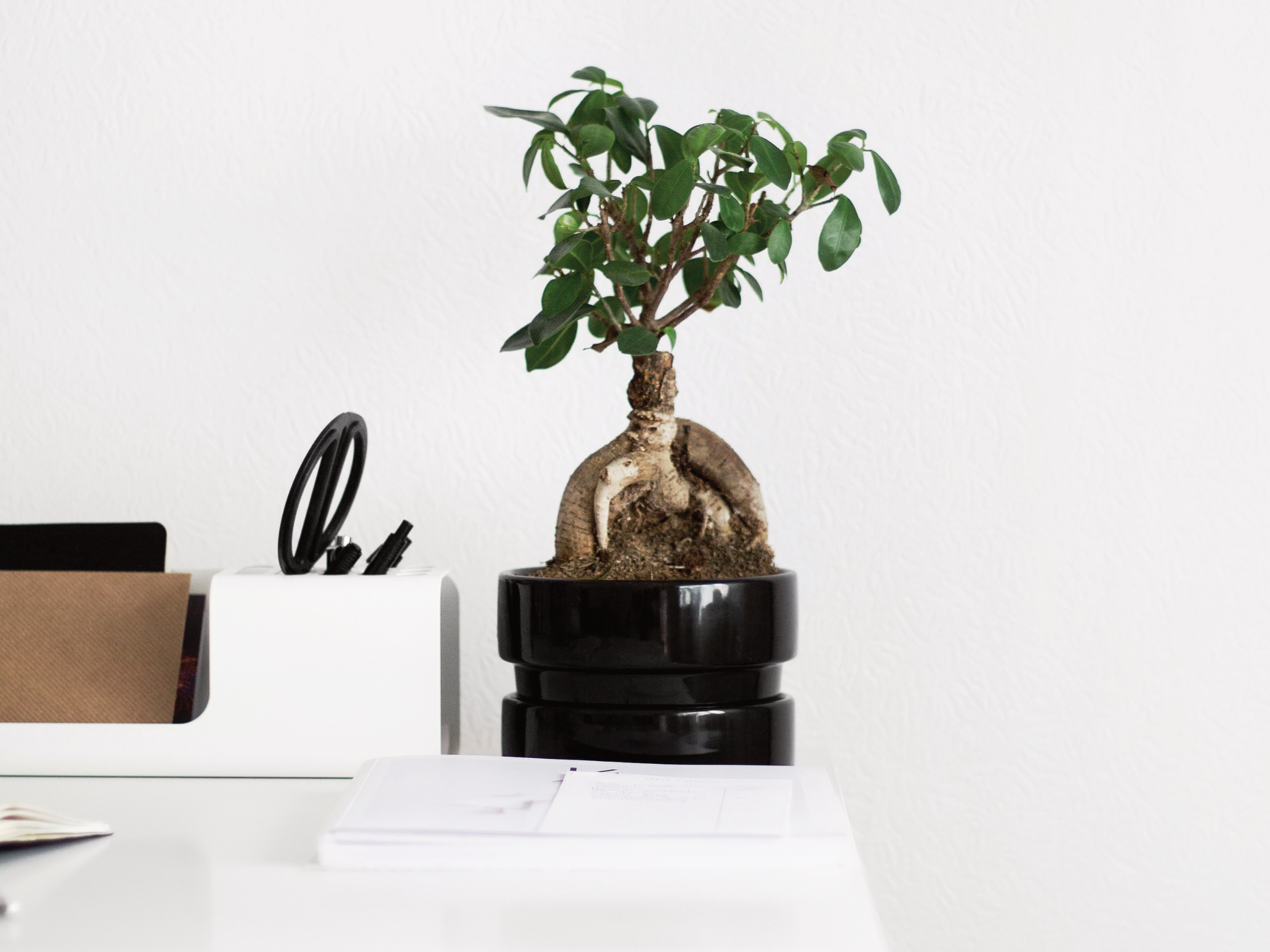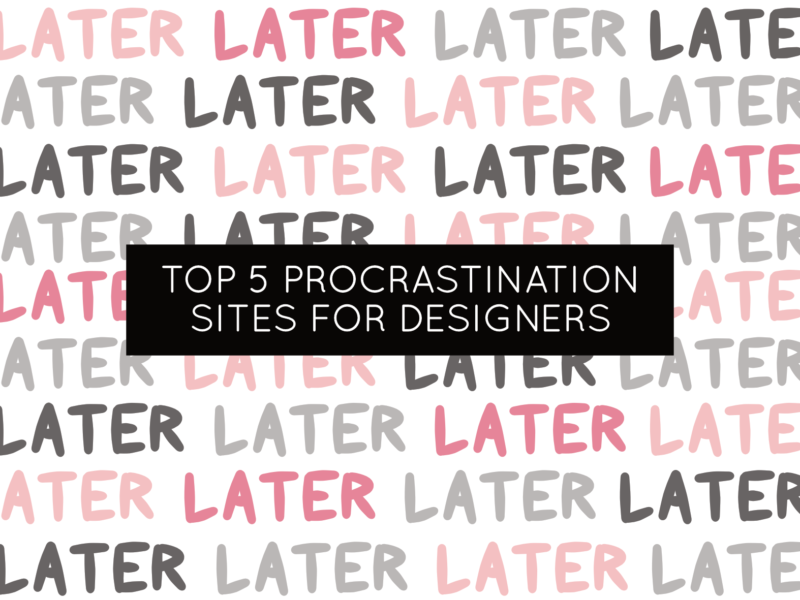As applications for The Engine Grad Scheme* have now opened, and the current grads are a big part of marketing it, I’ve recently been fielding a lot of questions about grad schemes and application tips. In part as an exercise for me to rehearse my answers, and in the hopes that this might help someone out there, these are my top bits of grad scheme advice.
*The Engine Grad Scheme is the grad scheme I’m currently on. Run by the Engine Group (advertising and comms), the scheme allows 4 grads to work in 4 of their 13 companies, which do everything from advertising to consulting to sponsorship to events, over the course of a year before deciding where they fit best.
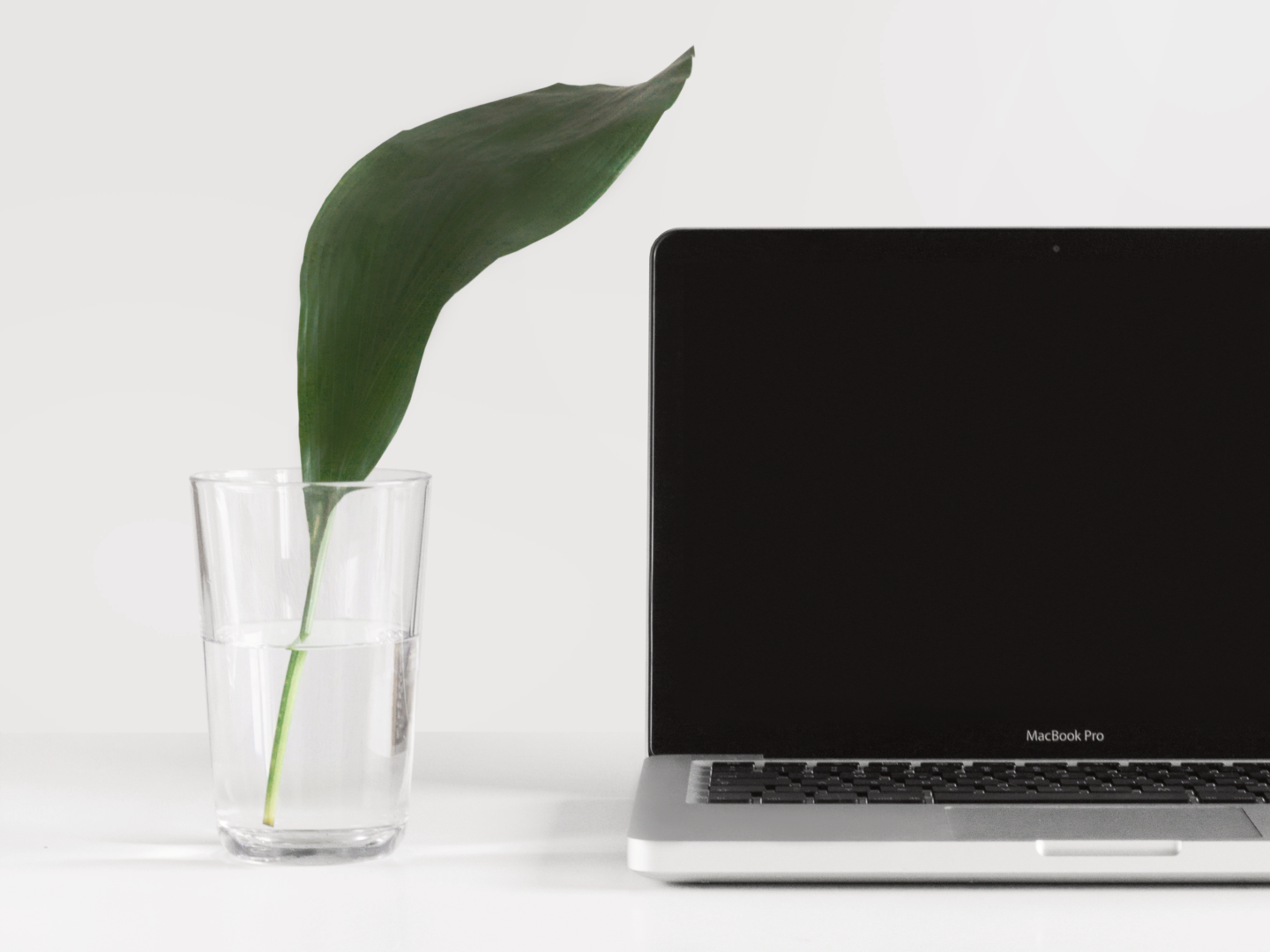
APPLICATIONS
MAKE A PLAN
This one’s pretty basic, and if you’re applying for advertising grad schemes you should probably have already done this because their deadlines are coming up fast, but make sure you know when deadlines are and what you need to do for them.
BE PICKY
It can be very tempting to try and apply for absolutely every grad scheme under the sun, but you can afford to be picky and you’re actually more likely to do well if you are. Grad Scheme applications take a lot of time and effort and if you’re still at uni or working you probably don’t have the energy to apply to them all. Make sure you’re only apply to grad schemes and companies you actually want to work at. My criteria for this was: does the culture seem like somewhere I’ll fit in? Am I excited by the work they’re doing? Are there enough learning opportunities?
TAILOR YOUR APPLICATIONS
Your application should be a reflection of why you’d fit in well and be a valuable asset to a company, and a big part of getting that right is knowing who they are and what they want. Make sure you show that knowledge in every level of your application from the bits of information and the examples you choose to share to referencing that you know the work they’re doing. Don’t forget that all that a company knows about you is what’s on the page so you can present your very best self, by selecting the right information. It also means that you have to remember they don’t know you, so if there’s anything you want them to know about you, you have to tell them.
DON’T BE AFRAID TO COLD CALL
Although this probably isn’t the best way to get on a grad scheme because if you’re having to cold call the company you’re interested in probably doesn’t have a scheme, but it is a good way to get your foot in the door. If there are any agencies who really get you excited let them know, send them your CV and a bit about yourself and ask if you can come in for a chat or be a part of what they’re doing. If you’re going to do this though, it takes a bit of extra thought. Agencies get sent loads of CVs all the time so you need to make yours stand out and prove why you’d be a good fit for their agency. Do something a bit wacky or creative, make something memorable. I think I had the most success just sending out creative work that represented me along with my CV, and although I’m not working at those places now I’ve made some really great contacts and got my name out there so to speak.
INTERVIEWS
BE YOURSELF IN INTERVIEWS AND ASSESSMENT DAYS
I know this is the most clichéd advice in the book, but it’s used so much for a reason. It’s the best and most effective way to engage with people. A lot of people like to play games, or to have tactics on assessment days. I’ve never done that, and I don’t think it’s a great strategy. The main reason I don’t do it is I don’t enjoy it. The second is if I can’t get in somewhere by being myself how am I going to succeed or enjoy myself when I’m there for real? You shouldn’t have to be someone else to do well.
DRESS LIKE YOU WORK THERE
What to wear to an interview or assessment day is something you end up spending a lot more time thinking about than it probably seems like you should, or at least I did. There’s no blanket rule, but I generally go with “dress like you work there”. If you’re interviewing at a consultancy go in a shirt and tie, if you’re interviewing at a creative agency you can probably go more relaxed (I see those guys in trainers every day of the week), but if in doubt go a little bit smarter – it shows you care.
ASK QUESTIONS
When you get asked if you have any questions at the end of an interview, make sure you have some. It shows you’re engaged and interested. It’s also the main skill people say you need to have as a grad so make sure you show it. It can be hard to come up with questions as you go through the interview so I like to go in with a couple of pre-prepared questions, some more general and some business specific. If you’re struggling for places to start, these are some of the general questions on my list: “What skills would I need to have to be the best X I could?”, “What’s the most interesting/challenging piece you’ve worked on?”, “Where do you see this company going in the next five years?”, “How would you describe the culture?”, “What opportunities are there for me to learn and skill up?”
GENERAL
GRAD SCHEMES AREN’T THE BE ALL AND END ALL
This might seem an odd piece of advice to come at the end of a post all about grad schemes, by someone who’s currently doing a grad scheme, but I believe it whole heartedly. Grad schemes are great they offer you loads of training, and in my case they give you more time to work out what exactly it is you want to do, but they’re not the only way into a job. If you know what you want to do, or you’ve done an internship and just want to get started already, just go for it. Grad Schemes are a lot of learning, and not quite so much doing to begin with, so jumping into an entry level job if you know what you want to do would be a great way to learn by doing. Loads of people I know are taking a year out and figuring out what it is they want to do by trying out a whole load of internships and pursuing their creative passions. Doing a vocational (read semi-practical) masters if you’re still loving the uni environment (and have some cash to burn) seem like an amazing opportunity. I could go on, but basically, the world is your oyster so don’t get too het up about whether or not you get onto a grad scheme.
If you have any other questions or advice you’d like to share for the people let me know!
Natalie

